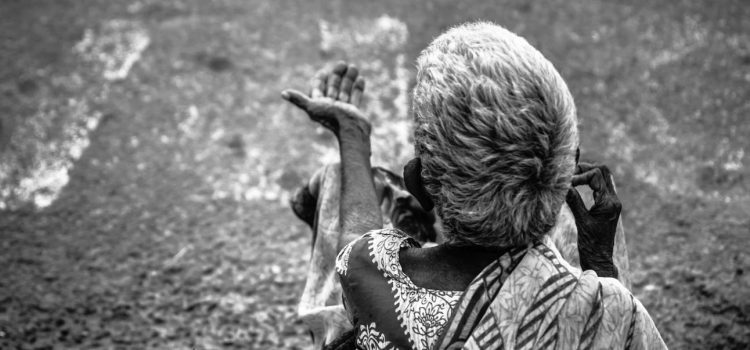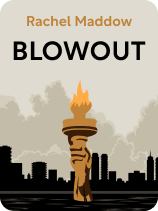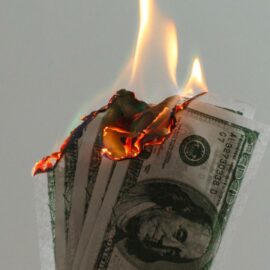

This article is an excerpt from the Shortform book guide to "Blowout" by Rachel Maddow. Shortform has the world's best summaries and analyses of books you should be reading.
Like this article? Sign up for a free trial here.
How can a country rich in resources be so poor? Why is the energy industry a bad investment for developing countries?
You would think that a country rich in natural gas and oil would also be rich in money, but you’d be wrong. The natural resource curse refers to the idea that countries rich in natural resources tend to suffer the most because the money often goes to authoritarian governments, rather than the people.
Read below to learn about the natural resource curse and how it came about.
How Energy Production Can Weaken a Country
While oil and gas production has been extremely profitable for the US and has increased American influence abroad, this is not the case for the majority of energy-producing countries. In her book Blowout, Rachel Maddow cites The Paradox of Plenty by Terry Karl as originating the theory of the natural resource curse, the idea that countries with an abundance of natural resources tend to be more authoritarian, have less stable economies, and experience greater social unrest and violence than countries that profit mainly off of manufacturing and trade.
(Shortform note: The Paradox of Plenty focuses on Venezuela, a founding member of OPEC whose economy is largely dependent on oil to this day. Karl argues that the oil boom and subsequent bust of the 1960s-’90s contributed to the political and social upheavals of the same period. The resource curse theory has also been applied to countries where the primary natural resource is diamonds, gold, or other precious metals, such as in the Democratic Republic of the Congo.)
This theory applies primarily to so-called developing countries, which have historically been colonized by Europe. The governments of these countries tend to be comparatively young—most are less than a century old—and dependent on their relationships with foreign banks and companies. These largely European and American partners encourage developing governments to exploit their country’s natural resources to compete in the global market but provide little assistance toward diversifying their economies (so that they aren’t at risk of total collapse when a certain product crashes) or developing essential public infrastructure (such as roads, hospitals, schools, and workplaces for locals, like factories).

———End of Preview———
Like what you just read? Read the rest of the world's best book summary and analysis of Rachel Maddow's "Blowout" at Shortform.
Here's what you'll find in our full Blowout summary:
- A deep dive into the corruption and exploitation in the oil and gas industry
- Examples of how the discovery of oil can weaken a country
- Possible ways to protect the world from the energy industry






